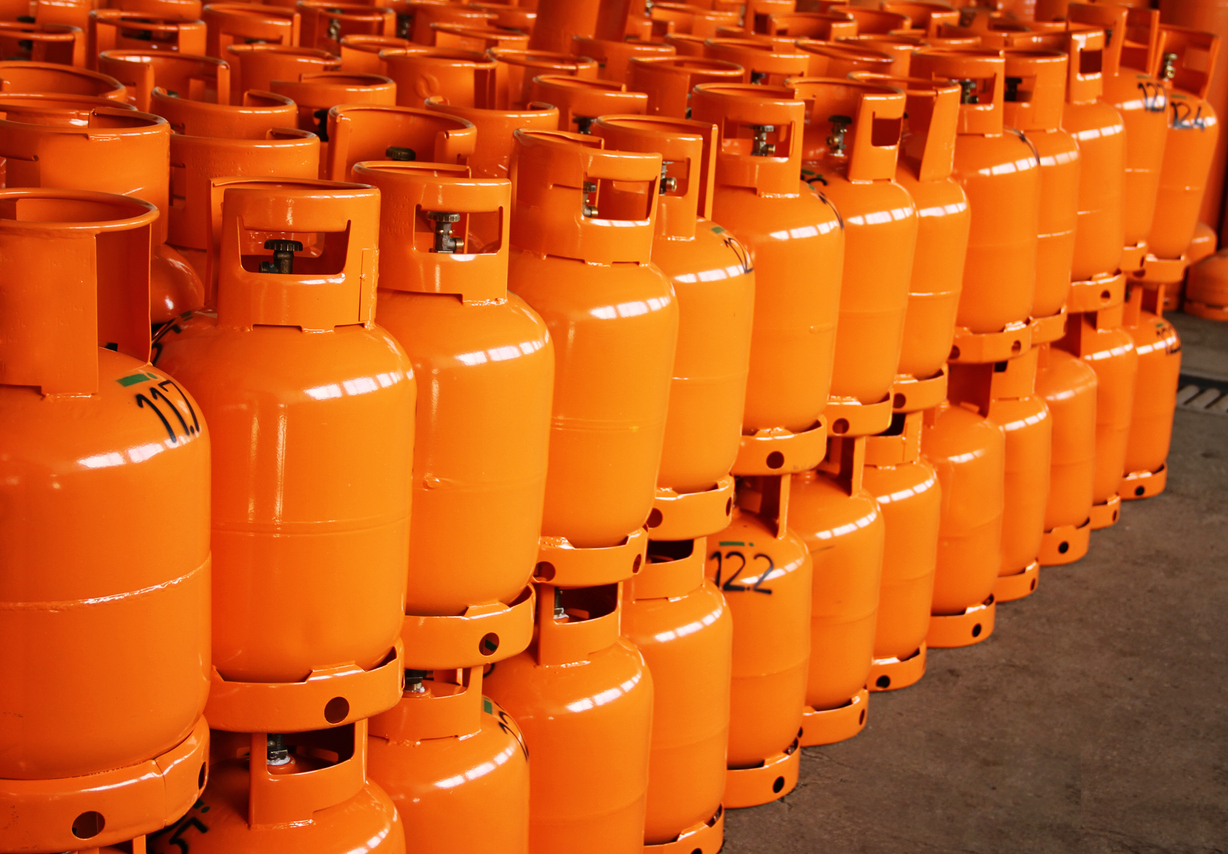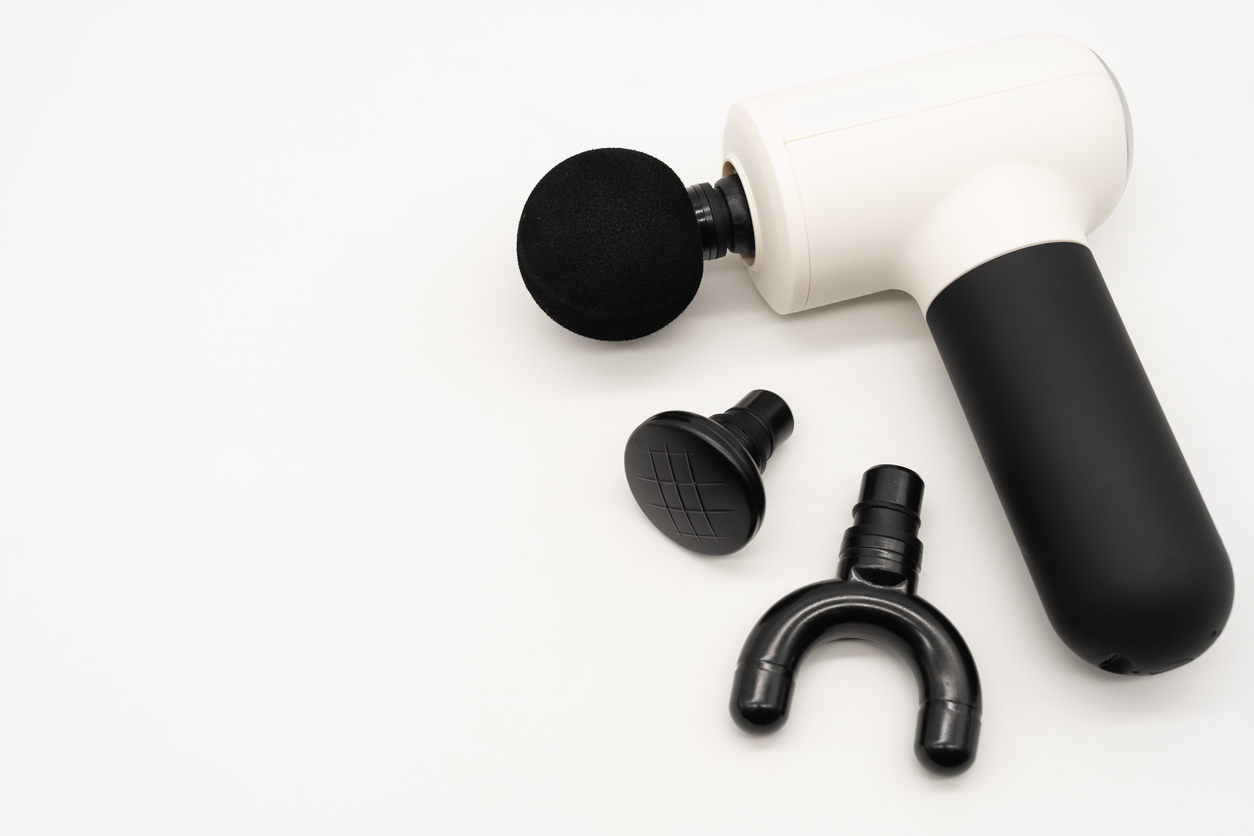The Importance of Butane Gas in Nigeria
The Importance of Butane Gas in Nigeria
Butane gas is a colorless and odorless hydrocarbon gas that has many commercial and industrial applications. It is one of the most commonly used liquefied petroleum gases (LPG) because it is cheap, renewable, and non-toxic. Butane gas is primarily used as a fuel for cigarette lighters, camping stoves, torches, and other flame-based devices because of its high heat value. It is also used as an aerosol propellant in deodorants and hair sprays because of its ability to quickly evaporate without leaving behind any residue. Further, butane gas is also used as an anesthetic due to its properties as an anesthetic agent with a quicker recovery time than other types of anesthesia. In this article, we will explore the various uses of butane gas in Nigeria.
Safety and Environmental Impact of Butane Gas
Butane gas is a colorless and odorless hydrocarbon gas that has many commercial and industrial applications. It is one of the most commonly used liquefied petroleum gases (LPG) because it is cheap, renewable, and non-toxic. Butane gas is primarily used as a fuel for cigarette lighters, camping stoves, torches, and other flame-based devices because of its high heat value. It is also used as an aerosol propellant in deodorants and hair sprays because of its ability to quickly evaporate without leaving behind any residue. Further, butane gas is also used as an anesthetic due to its properties as an anesthetic agent with a quicker recovery time than other types of anesthesia. In this article, we will explore the various uses of butane gas in Nigeria.
Food Preservation Using Butane Gas
Butane gas is used for food preservation in Nigeria because it is an inert gas that does not react with other substances, does not leave behind any chemical residues, and does not change the taste or smell of the preserved food. The process of preserving food using butane gas involves packing the food in high-density polyethylene bags, which are then sealed and placed in a metal canister containing butane gas. This canister is then kept in a refrigerated environment between 1°C and 7°C to inhibit the growth of bacteria. The butane gas inside the metal canister will slowly diffuse into the bags of food, displacing the oxygen and causing the food to become anaerobic. The food will then be preserved at low temperatures without spoiling due to its lack of contact with oxygen. Growing cities have resulted in a demand for food preservation methods that don’t require a lot of space. Butane gas is one of the food preservation methods that has seen increased usage over the years because it does not require additional equipment. Butane gas does not require refrigeration, and it does not change the taste or smell of the preserved food.
Butane Gas as a Propane Alternative
Butane gas is often used as an alternative to propane because it is a clean-burning fuel that does not leave behind any toxic residues. Propane is mostly used in industries like food processing, waste management, and construction because it is odorless and non-explosive, making it safe to use in areas where there are lots of people. Butane gas is used for a wide range of commercial applications because it can be easily stored and transported through large-diameter pipes, and it can be used in a variety of equipment that are capable of using liquid fuels. Butane gas is often used as an alternative to propane in Nigeria because it is easier to transport and store than propane. The liquid form of butane gas can be easily transported by trucks and stored in above-ground containers. Propane, on the other hand, is stored as a gas in above-ground tanks that require constant pressure control to prevent leaks. The use of butane gas for commercial applications is expected to increase as the demand for propane grows. Propane is expected to see an increased demand due to the increased use of natural gas in the country as well as higher prices that are expected to increase imports.
Exhaust Frying Using Butane Gas
Butane gas is used in Nigeria to fry food using exhaust cooking. Exhaust cooking is a method of cooking using the heat generated by the combustion of butane gas inside a cylindrical vessel. The vessel is fitted with vertical tubes that allow the butane gas to flow inside the vessel and mix with the food. The gas flow is controlled using rheostat knobs, and the gas is turned off when the food is cooked. Butane gas is used for exhaust frying because it is an inexpensive fuel and a clean-burning fuel that does not leave behind any toxic residues inside the vessel. It is also highly portable, easy to store, and can be used for both residential and commercial cooking. Butane gas is expected to see an increased demand for exhaust frying due to its advantages over other cooking methods, such as its low cost and cleanliness.
Conclusion
Butane gas is a colorless and odorless hydrocarbon gas that has many commercial and industrial applications. It is one of the most commonly used liquefied petroleum gases (LPG) because it is cheap, renewable, and non-toxic. Butane gas is primarily used as a fuel for cigarette lighters, camping stoves, torches, and other flame-based devices because of its high heat value. It is also used as an aerosol propellant in deodorants and hair sprays because of its ability to quickly evaporate without leaving behind any residue. Further, butane gas is also used as an anesthetic due to its properties as an anesthetic agent with a quicker recovery time than other types of anesthesia. In this article, we will explore the various uses of butane gas in Nigeria.








LEAVE A COMMENT
You must be logged in to post a comment.